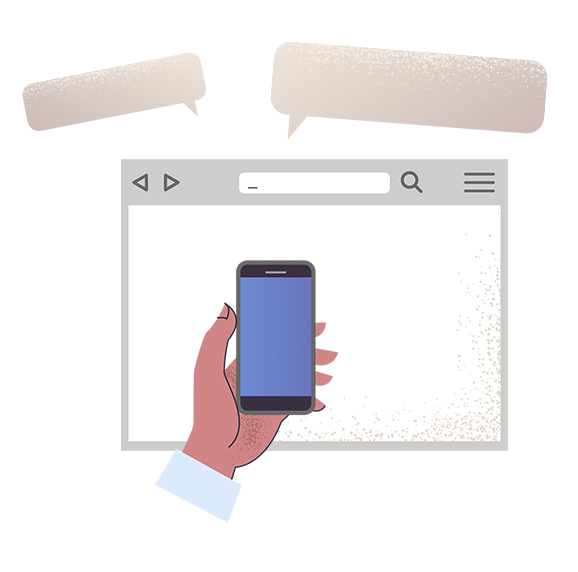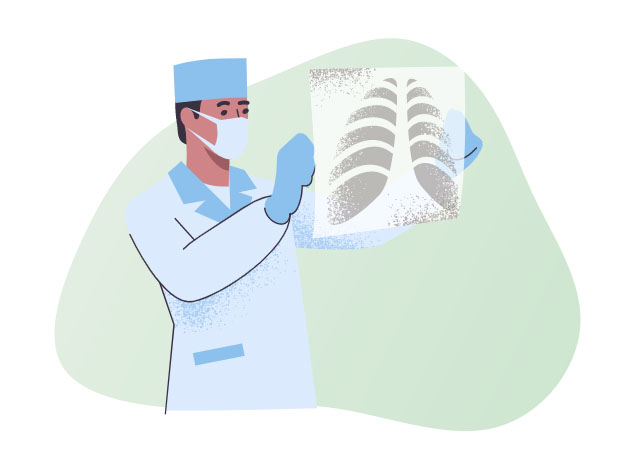
IBS
IBS (Irritable Bowel Syndrome) is a common digestive chronic condition that usually affects people between the ages of 20 and 30 years old – although it can be a lifelong condition. It more commonly affects women than men. Symptoms include stomach cramps, diarrhoea, constipation and bloating. Although there is no cure, the symptoms of IBS can be managed through diet changes and medicines.
Showing all 4 results
-
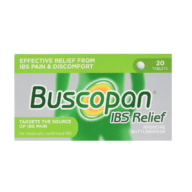
Buscopan IBS Relief – 20 Tablets
Buscopan IBS Relief is a tablet containing hyoscine butylbromide. This medicine is to relieve the abdominal cramps which cause pain and discomfort associated with IBS.
£4.99 -
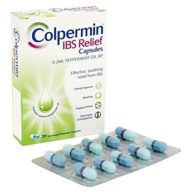
Colpermin IBS Relief 20 Capsules
Colpermin IBS Relief Capsules helps to ease painful stomach cramps and bloating.
£6.79 -
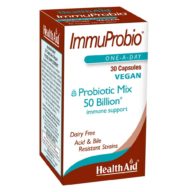
Healthaid ImmuProbio
ImmuProbio® is a unique formulation containing a superior blend of 50 billion viable bacterial strains, fortified with a prebiotic (FOS), to help replenish the body’s good bacteria.
£26.99 -
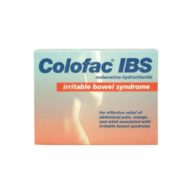
Mebeverine 135mg – 15 Tablets
Mebeverine 135mg is a treatment to be used as a treatment for relief of the effects of Irritable Bowel Syndrome. The branded name of the tablets is Colofac. Mebeverine belongs to a group of drugs known as antispasmodics.
£7.00
Showing all 4 results
What is IBS?
IBS (irritable bowel syndrome) is a chronic condition that affects the digestive system. There is no test to identify IBS, but you may be tested to rule out other possible causes of symptoms.
What are the symptoms of IBS?
• Stomach pain or stomach cramps (which are usually worse after food and better after going to the toilet)
• Bloating and discomfort in the stomach
• Diarrhoea and needing the toilet very suddenly
• Constipation
IBS can also sometimes cause the following:
• Tiredness and lack of energy
• Problems urinating (for example needing to pass urine more often, more suddenly, or feeling as though you cannot fully empty the bladder).
• Not always being able to control when you poo or pass urine (incontinence)
• Farting (flatulence)
• Backache
• Feeling sick (nausea)
What causes IBS?
The exact cause of IBS is not known. However, it has been linked to oversensitive nerves in the gut, stress, food passing through the gut too fast or too slow, and a family history of IBS.
How is IBS treated?
IBS is usually treated through dietary change and medication. Generally, when suffering from IBS you should aim to cook homemade meals with fresh ingredients where possible, keep a record of what you eat and what symptoms you get so you can try to avoid foods that trigger your IBS, try to find ways to relax, get plenty of exercise, and try taking probiotics to see if they help relieve your symptoms. Make sure that you do not eat too fast, do not eat too many fatty, spicy, or processed foods and drinks, do not skip or delay meals, or drink too much caffeine.
Those with IBS often use medications to help with the management of their symptoms. These can include antispasmodic medication, medicines for abdominal pain, and constipation or diarrhoea medications.
All medications recommended by Pillhub are approved by the MHRA (Medicine and Healthcare products Regulatory Agency), meaning that they are safe and effective.

 works
works